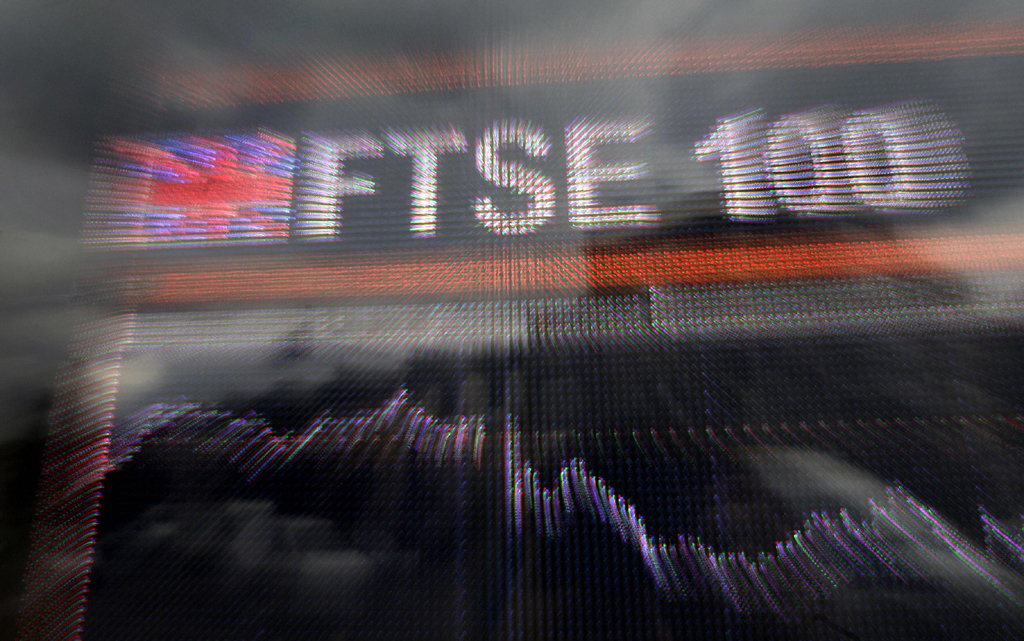 Britain's main index lost ground on Monday after rounding off a solid week while investors awaited fresh updates on the Brexit process, and industrials slipped on a read-across from Boeing cutting 737 aircraft production.
Britain's main index lost ground on Monday after rounding off a solid week while investors awaited fresh updates on the Brexit process, and industrials slipped on a read-across from Boeing cutting 737 aircraft production.
The exporter-heavy FTSE 100, which had scaled six month highs for the most of last week, was down 0.3 percent by 0845 GMT, as a stronger pound also weighed, while the midcaps dipped 0.2 percent.
David Madden, CMC Markets analyst, said with the recent economic indicators out of China slightly more stable and continued positive trade talks between Beijing and Washington, "it's almost like that's your cue to take your money out of the table."
Financial stocks, which bagged its biggest weekly gains in five months last week, were the top drags on the FTSE 100.
An index of aerospace and defence stocks lost 0.7 percent after Boeing, the world's largest planemaker, on Friday announced plans to slash its monthly production of 737 aircraft by nearly 20 percent.
The output cut followed two deadly crashes and signalled it does not expect aviation authorities to allow the plane back in the air any time soon.
"With Boeing trimming manufacturing and production, there's going to be lesser demand for products manufactured by Meggitt and Melrose... Fewer planes by Boeing is going to lead to fewer contracts that Meggitt and Melrose have," Madden said.
Blue-chip industrials Melrose and Ashtead also slipped around 2 percent.
At home, sterling edged higher as a long extension to UK's exit date - which currently stands at April 12 if a deal is agreed - is expected and a no-deal prospect has diminished, while investors await a crucial European Union summit on Wednesday.
Also on investors' minds was data showing German exports and imports both fell more than expected in February, in the latest sign that Europe's largest economy is likely to post meagre growth in the first quarter.
Among steep fallers on the midcaps was specialist tourism and insurance firm Saga, which slipped 5.5 percent to an all-time low after UBS cut rating on stock following a profit warning from the company last week.
Luxury carmaker Aston Martin, which has lost 47 percent in value since its October debut, dropped another 4.3 percent after Deutsche Bank cited Brexit-related uncertainties, global automotive market volatility and cut rating.
Outshining the market was ailing department store chain Debenhams, which surged 8 percent after retailer Sports Direct offered to underwrite a 150 million pound rights issue in exchange for its boss Mike Ashley taking over as CEO.























Comments
Comments are closed.